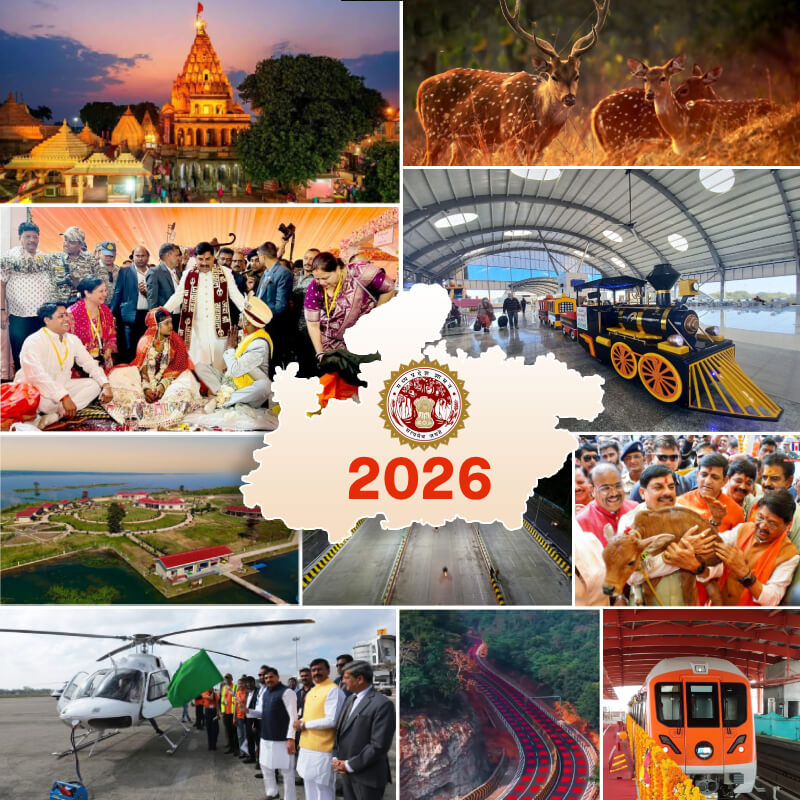QUEST (Quality, Utility, Efficiency, Sustainability, Timeliness)
Quality:To ensure training meets market demands, DISHA emphasizes high standards through industry partnerships, accredited institutions, and skilled trainers. Curricula will be co-developed with industry leaders, and only certified training providers will be authorized. Continuous trainer development and robust quality assurance mechanisms like audits and evaluations will maintain excellence.
Quality:To ensure training meets market demands, DISHA emphasizes high standards through industry partnerships, accredited institutions, and skilled trainers. Curricula will be co-developed with industry leaders, and only certified training providers will be authorized. Continuous trainer development and robust quality assurance mechanisms like audits and evaluations will maintain excellence.
Utility:The Samagr platform will serve as a unified system for data collection, monitoring, and evaluation. It will track trainee progress, employment outcomes, and industry needs in real time. Transparent reporting and outcome-based evaluations using KPIs such as job placement rates and employer satisfaction will drive accountability and program effectiveness.
Efficiency: A coordinated skilling ecosystem will be built through a state-level nodal body and sector-specific committees. These bodies will align efforts across departments and industries, develop standardized curricula, and promote inter-departmental collaboration. This integration will streamline operations and ensure consistent training quality across Madhya Pradesh.
Sustainability: DISHA promotes long-term impact by optimizing existing infrastructure, encouraging green skills, and ensuring financial viability through diverse funding models. Community involvement in planning and implementation will align programs with local needs, enhancing relevance and sustainability.
Timeliness: To meet urgent labor market demands, DISHA will implement skilling programs in phases, prioritizing high-demand sectors. Regular progress reviews and flexible program designs will allow quick adaptation to changing needs. Continuous stakeholder engagement will ensure alignment with industry and community expectations.

